Clash in Papua: Two Separatists from OPM Gunned Down by Indonesian Forces
Despite issuing several warnings, the suspects remained defiant. One of them attempted to flee, forcing security forces to take more aggressive measures. This action resulted in a fatal confrontation when the OPM member failed to heed further warnings. Another suspect remained hidden inside the shop, and efforts to persuade him to surrender were unsuccessful.
After the conflict subsided and the area was secured, a search operation was conducted around the shop. During this operation, authorities discovered the revolver left by the fleeing suspect under the counter of the store. The incident marks another violent chapter in the ongoing conflict between security forces and separatist groups in the Papua region.
The local authorities are continuing their investigation into the incident and are working to confirm the identity of the second OPM member involved in the clash. This encounter adds to the ongoing tensions in the region, where clashes between the Indonesian military and separatist groups have been a persistent issue.
The Papua Indonesia rebellion refers to the ongoing conflict in the Papua region, which has sought independence from Indonesia since the area became part of the country in 1969. Papua, the western half of New Guinea, was integrated into Indonesia following the controversial “Act of Free Choice” referendum. The referendum, widely criticized for being manipulated, resulted in Papua’s annexation despite significant opposition from its indigenous population. Since then, the region has seen persistent demands for independence, with the Free Papua Movement (OPM) becoming the primary group advocating for self-determination.
The rebellion is marked by sporadic violence, guerrilla warfare, and confrontations between the Indonesian military and separatist forces. Indigenous Papuans, who are ethnically distinct from most Indonesians, have voiced grievances over economic inequality, human rights violations, environmental degradation from resource exploitation, and lack of political representation. These tensions have been fueled by the Indonesian government’s heavy military presence in the region, and there have been numerous reports of human rights abuses committed by security forces, such as extrajudicial killings and torture.



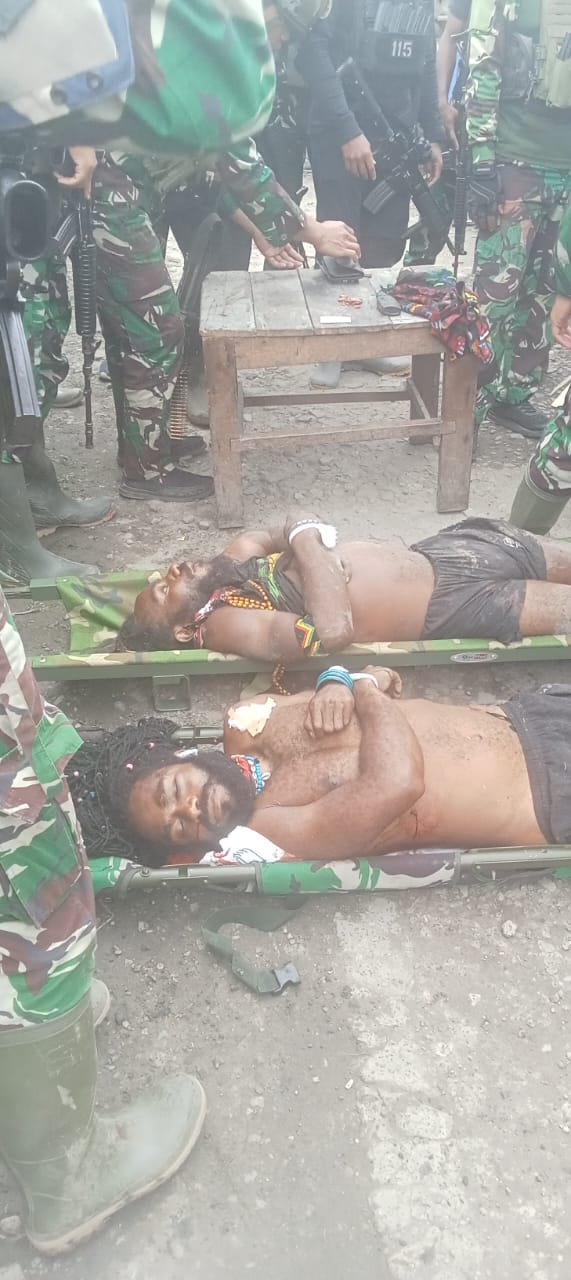





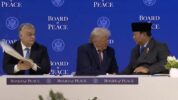
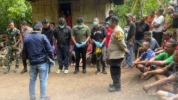


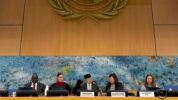
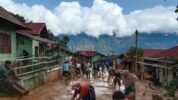











Tinggalkan Balasan